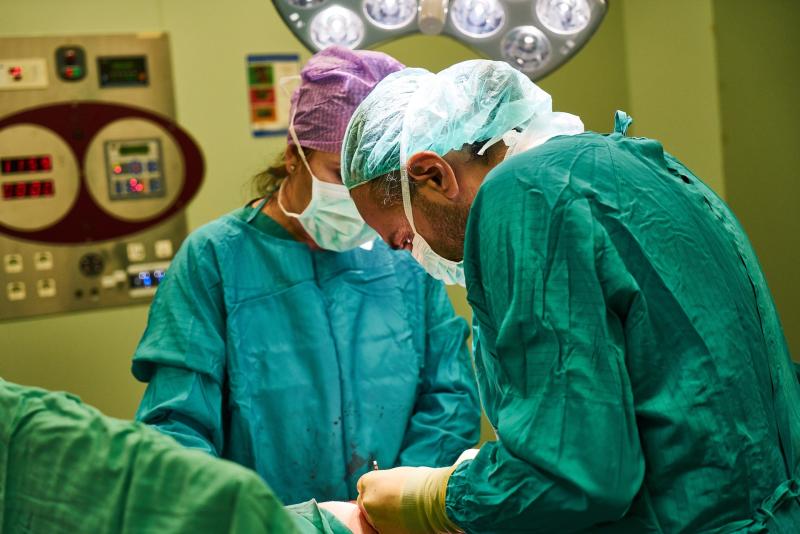Postgraduate Program Information
The University of Manitoba Vascular Surgery program provides a balance, being small enough to be flexible and personal. Our residents have input into their training choices and gain independence through their training levels with the support of our dedicated faculty, while they work toward their personal goals and those of the program. Our program sees a broad spectrum of vascular cases as Winnipeg serves as a referral base for all of Manitoba, Northwestern Ontario, and Nunavut.
The Vascular Surgery service is based at two sites, St. Boniface Hospital (SBH) and Health Sciences Centre (HSC). There is also a Risk Factor Clinic located at the Grace Hospital. The clinical vascular service is a busy one, performing 900–1000 major vascular cases per year (including hemoaccess procedures).
The small number of faculty in our program allows for close supervision of all residents. We have a large volume of peripheral interventions that allows for residents to be taught by interventional radiologists and vascular surgeons.

The Vascular Surgery service is closely linked to the Interventional Radiology service, and interaction and discussion between members of the two services occur on a daily basis. A close relationship also exists with the Ultrasound department. Formal exposure in both these areas is available for the residents.
Opportunities for research exist in clinical outcomes, collaborative translation, and education.
A block in Vascular Medicine is provided through the Grace General Hospital, a community hospital located in Winnipeg, Manitoba. This experience includes vascular surgery assessment and cardiovascular risk factor management.

In addition to a vascular trauma I.R. component and opportunities for renal and visceral artery reconstruction, the bulk of the clinical exposure comprises abdominal aortic aneurysms, carotid artery disease, aorto-iliac and infrainguinal disease, and hemoaccess dialysis procedures.
The Vascular Surgery resident training Program at the University of Manitoba seeks to provide the highest quality care to patients while supporting the educational, research, and health and wellness needs of our residents. The aim of the program is to provide the best possible environment, technology, facilities, and human resources in order to facilitate comprehensive education and training of residents, along with medical students and clinical fellows.
Visit the University of Manitoba website to learn more about their Vascular Surgery Residency Program.
